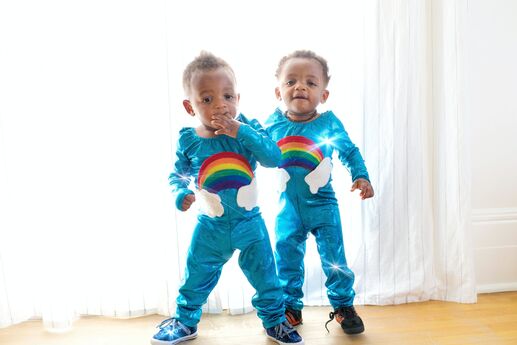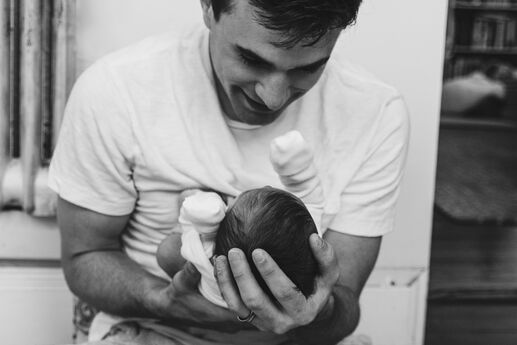Your Preemie: The First Weeks at Home
With a preemie, it is important to understand that the first 100 days at home need to be treated like a “fourth trimester.” This means low stimulus, few visitors, and staying cozy.
As most babies will be discharged when they are exhibiting stable newborn ability and behaviors, your first three months caring for a preemie need to be treated as the “newborn phase,” regardless of the child’s age. Parents need to take time to get used to the physical around-the-clock effort of being a parent. It is realistic to expect your preemie will sleep more than the average newborn, yet will probably wake at more frequent intervals for feeds.
A lot of what your baby is doing may look random to you, but he or she is actually making small developmental steps every day, such as holding eye contact for longer and longer periods, slowly waking up for calmer and more alert periods, and moving (kicking legs and waving arms) in rhythm to your voice.
Feeding and weight gain is still a critical issue and your pediatrician will be watching weight carefully in your baby’s first two weeks after discharge. If you are bottle-feeding, it is easy to see if the baby is getting enough milk, but if you have transitioned to breastfeeding, frequent weight checks can help ensure that your baby is getting proper milk transfers. There can be challenges when premature babies first start nursing. Ayelet Kaznelson, an IBCLC lactation consultant, comments, “After a baby has been discharged, we can sometimes see a weight drop after two weeks. We really want to ensure good milk transfer, but not all preemies may be strong enough.”
Skin-to-skin contact in the early weeks at home is one of the best things you can do with your preemie. Undress your baby (except for their Pampers diaper), then lay them on your chest with their head on your left side (to hear your heartbeat!), and cover them with a blanket if needed. This “kangaroo care” fosters anti-stress hormones in your premature baby, as well as aiding in neurological development -- and that’s without the tired parent having to do very much! It’s nice to know that this helps them grow and cope, just while gently holding them!
We often worry whether we will be able to care for our little ones, especially when they’re preemies. One of my students, a mother of twins born at 32 weeks, describes the moment at which she knew everything would be okay: “We had brought Annabel home three weeks before little Natalie. When Natalie came home, I remember sitting with both of them on my lap, each only four pounds, wondering how I would ever be able to care for both girls. At that moment, Natalie, reunited for the first time with her sister, rolled into little Annabel’s arms, and I knew we would be okay. We were all together -- we were finally a family.”







